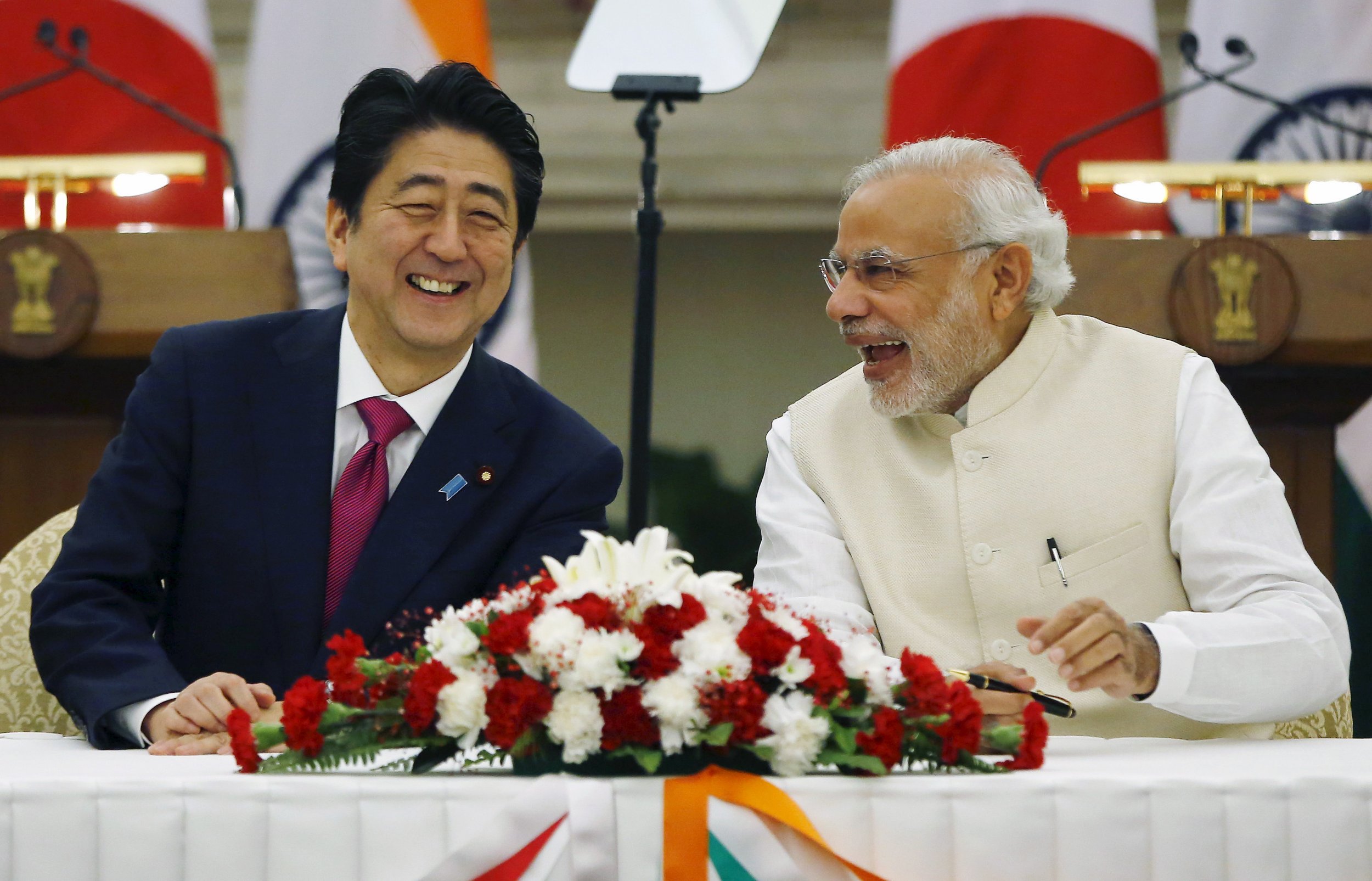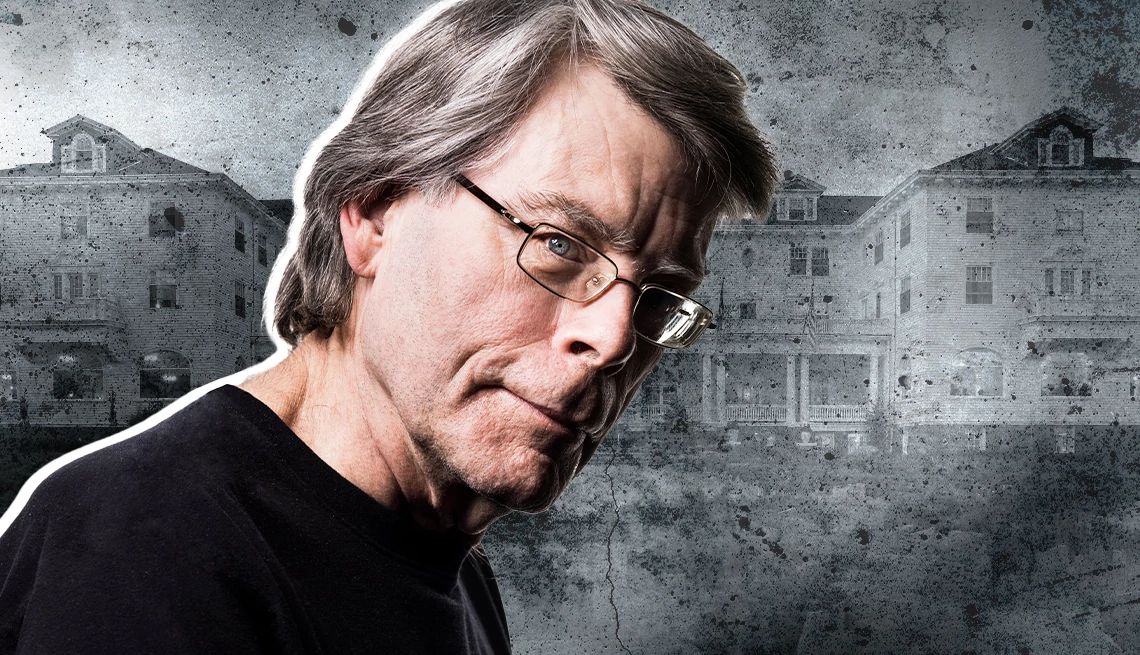
- Select a language for the TTS:
- UK English Female
- UK English Male
- US English Female
- US English Male
- Australian Female
- Australian Male
- Language selected: (auto detect) - EN
Play all audios:
Next week, Conservative MPs will vote to narrow down the leadership contest to the final two candidates. These two will then be put forward to the wider Conservative Party membership, who
will ultimately decide the next leader of the opposition. Today, the remaining contenders—Tom Tugendhat, James Cleverly, Robert Jenrick and Kemi Badenoch —took to the stage at the party’s
conference in Birmingham to make their final pitch to the Conservative faithful. Let’s start by acknowledging that Tom Tugendhat, for all his charisma and polish, simply isn’t what the
Conservative base is looking for. He’s too much of a gentleman, too moderate, and gives off “Rory Stewart vibes”. Tugendhat’s centrist approach might do well with the general electorate, but
it won’t win over a party membership increasingly drawn towards Nigel Farage’s orbit. Even his pitch today, centred on a call for a “new Conservative revolution”, sounded more idealistic
than pragmatic. On the other side of this coin sits Kemi Badenoch, a fiery figure, appealing to a segment of the party that wants a battle-hardened leader willing to spar with Labour on
cultural issues. However, she has caused too much damage to her campaign with what’s becoming known as her “Kemi-kaze” approach. Badenoch’s speech today, while well-received by the
Conservative grassroots, won’t erase the blunders of the past few days. She wrapped up her speech by declaring that the Tories must “defend our beliefs and values”, which fired up the room
but also reinforced her combative style. While she managed to salvage some momentum with her performance today, Badenoch is seen as too much of a loose cannon by MPs to be put through to the
final two candidates — more of a bruiser than a strategist. Her aggressive, confrontational style positions her as more suited to a deputy role, where she can be the party’s attack dog, but
she lacks the composure needed to lead. One of the more striking observations from today’s speeches is how old-fashioned some of the contenders looked while trying to seem fresh and modern,
like a dad wearing sliders and socks. Tugendhat, Jenrick, and Badenoch all took to the stage without a podium, without notes, and tried to exude a “modern” energy by freestyling their
speeches. Back in 2005, when David Cameron first pioneered this approach, it felt revolutionary and fresh. Cameron looked like a Silicon Valley CEO — cool, confident, and forward-thinking.
But times have changed, and what once felt innovative now comes across as outdated. Today, the podium-less speeches felt overly rehearsed, as though these contenders were stuck in a time
warp. Their bold arm movements and deliberate pacing only added to the sense that they were mimicking a style that no longer resonates. Robert Jenrick felt more like an afterthought in the
speeches, which is strange given that he is the bookies outright leader in the race. His speech, while competent, lacked the spark necessary to elevate him above the competition… even
though, according to the polls, he is well above the competition. His strong lead statement that the “era of mass migration must end” seemed to appeal more to the core membership base of the
Conservative Party, who will ultimately be voting him into power. Jenrick didn’t need to do anything but get through the ordeal today. He’s so far ahead in this contest that he’s virtually
assured of making it through to the final two for the wider vote from the membership. Jenrick has positioned himself well enough to secure the backing he needs, and the Conservative base
appears content with him. I’ll be the first to admit that I didn’t initially rate James Cleverly’s chances. In a previous article, I said Cleverly was too dull to take on Keir Starmer and
predicted he’d be mauled by Nigel Farage before he even reached the starting line. But today, I think Cleverly proved me wrong. Unlike his rivals, Cleverly stuck to the podium, delivering
his speech with composure and confidence. He didn’t try to be flashy or adopt outdated tactics from the tech-CEO playbook. Instead, he embraced his record and appeared stable, thoughtful,
and proud to stand by his achievements. Cleverly stood out not because he was trying to be something he’s not, but because he seemed authentic. His pledge to “sell the benefits of
Conservatism with a smile” seemed to resonate with the audience, striking a balance between optimism and realism. The content of his speech was, in many ways, similar to that of his
competitors, but his delivery was calm, self-assured, and—crucially—relevant to the challenges ahead. Cleverly’s ability to frame himself as the steady, reliable choice was what set him
apart. Therefore, my prediction is that Tugendhat and Badenoch are out of the race. Jenrick is through alongside Cleverly. The question remains: can Cleverly make up enough ground to win the
crown, or will Jenrick’s early lead hold? There’s a wider point to be made from this week’s Conservative conference: no matter which of Jenrick or Cleverly wins, they are likely to be a
seat-warmer, not a PM-in-waiting. The truth for the Conservatives is that the party’s energy seems utterly misdirected, summed up by the confusingly upbeat mood of the conference.
Commentators have asked why such optimism is present. Perhaps it’s due to a sense of renewal, the idea that things can only get better? But anyone familiar with local Conservative politics
over the last decade will know that this is no longer the party of pragmatic governance. The Conservatives were once the natural party of power, adapting their policies to align with public
sentiment and evolving with the times. But no longer. Today’s Conservatives seem more like the natural party of opposition, comfortable with critiquing the world rather than providing
solutions. This conference reflected this. Little was said about the economy—once a cornerstone of Conservative ideology. Platitudes were made about the NHS without saying anything
distinctive; the same goes for education. Instead, the focus was on issues like the European Court of Human Rights, gender politics, and rhetorical flourishes that played well in the hall
but missed the mark on what the electorate actually cares about. It’s not that the party is humiliated by its recent governance failures—it’s that the party seems relieved to rid itself of
power. Relieved to focus on the issues it finds engaging, even if they don’t address the real problems facing the country. This isn’t a party striving for power; it’s a party content with
criticising from the sidelines. The challenge now is whether the new leader — in my view either Cleverly or Jenrick — can bring the Conservatives back to being a serious party of governance,
or if they’re destined to remain content in opposition, talking but not acting. A MESSAGE FROM THEARTICLE _We are the only publication that’s committed to covering every angle. We have an
important contribution to make, one that’s needed now more than ever, and we need your help to continue publishing throughout these hard economic times. So please, make a donation._



:max_bytes(150000):strip_icc():focal(479x245:481x247)/mark-herring-333d7b17d399491092ff44f0b1abb783.jpg)




